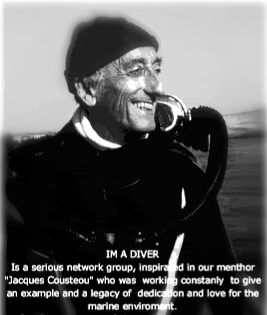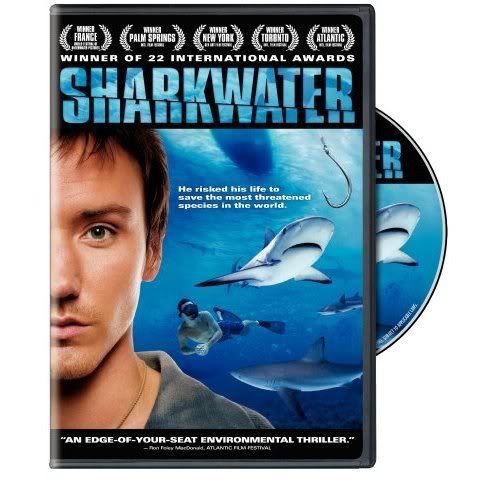Moving forward in 2008

We were delighted to have raised £23,000 towards GCT's shark campaign in 2007. This year we want to raise much more money, as we are now including many more species in the campaign!
2008 marks the 10th anniversary of the creation of the GMR and we have broadened our campaign to raise much-needed funds for all the species that play a part in this fragile marine ecosystem. While supporting monitoring work is critical, the broader socio-economic and environmental challenges also need to be tackled if we are to guarantee a sustainable future for the Reserve as a whole and the wonderful array of creatures who depend upon it. Because while they are still vulnerable to indiscriminate human activity, they are all at great risk. This year, therefore, we are also raising funds to support research into a sustainable future for both the local fishing industry and the local population.
What needs to be done to protect the Marine Reserve?
Protecting the marine environment in Galapagos is more complex than simply funding a project to research the lives and activities of any one species, although we recognise the importance of this exercise too and continue to raise funds in this area.
To protect the entire marine ecosystem, not only do we need to look at species specific projects, but also projects that incorporate human intervention, since humans are both the direct and indirect cause of vulnerable species' demise. GCT works closely with their partners in Galapagos to support projects that involve educating the human population about the importance of this World Heritage Site and helping them to seek alternative employment from, for example, over fishing and illegal fishing within these protected waters.
The Marine Reserve hosts a whole range of species in its waters from shark and fish populations to seabirds, turtles and sea lions, all of which play a fundamental role within this aquatic ecosystem and to tourists' once in a lifetime experience in the islands.
Many iconic species live and feed within the Marine Reserve and no doubt all of us will find our favourite Galapagos animal in this list of just some of the species effected:
Species reliant on the Galapagos Marine Reserve:Larger species
- Sharks
- Whales
- Sea lions
- Fur Seals
- Turtles
- Marine Iguanas
- Dolphins
Other
- Coastal Plants, including Mangrove
- Crabs, including the Sally light foot crab
- Sea urchins
Birds
- Boobies - blue-footed, red-footed, nasca
- Waved Albatross - endemic
- Flightless Cormorant - endemic
- Galapagos penguin - endemic
- Gulls, including the rare, endemic lava gull
Species' that are particularly vulnerable
- Sharks
- Sea cucumber
- Lobsters
- Waved albatross
- Penguins
- Cormorants
- Marine Iguanas
There are various funds supporting projects researching and protecting these species and a donation towards the GCT Shark Campaign 2008 will ensure that your money is used for priority projects, identified and agreed by the Charles Darwin Foundation and Galapagos Conservation Trust.
Galapagos Conservation Trust
5 Derby Street, London W1J 7AB, United Kingdom
Phone: +44 (0)20 7629 5049 | Fax: +44 (0)20 7629 4149 |
Email: gct@gct.org
Registered Charity Number: 1043470
Company Limited by Guarantee. Registered in England No. 3004112


